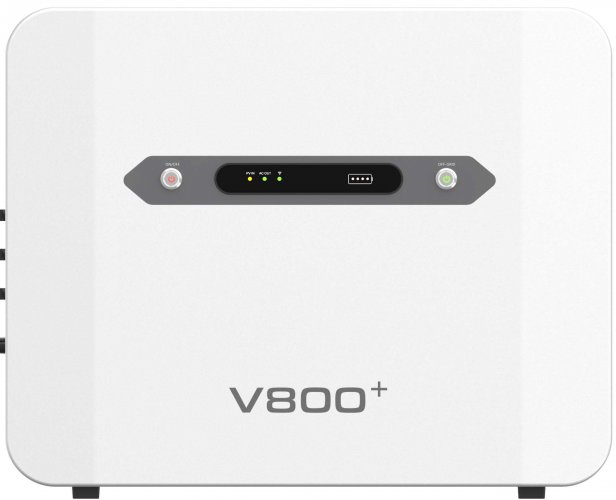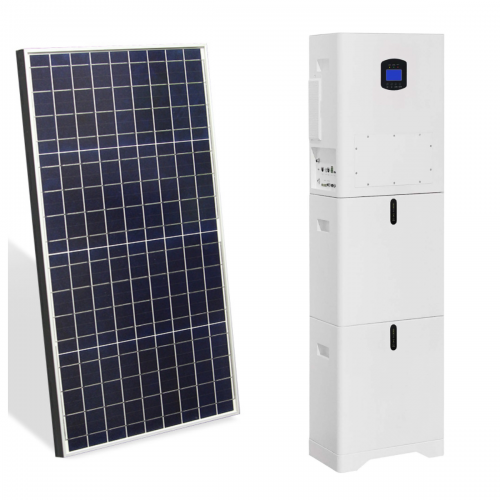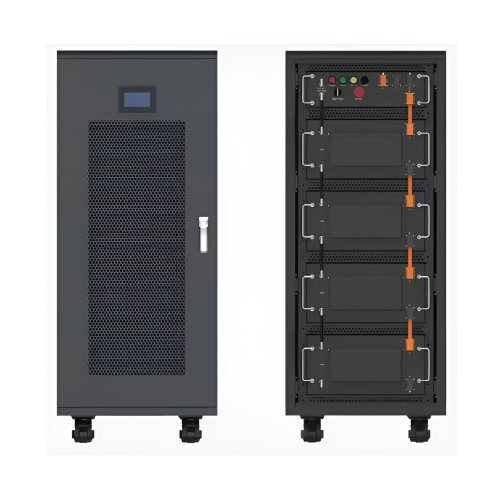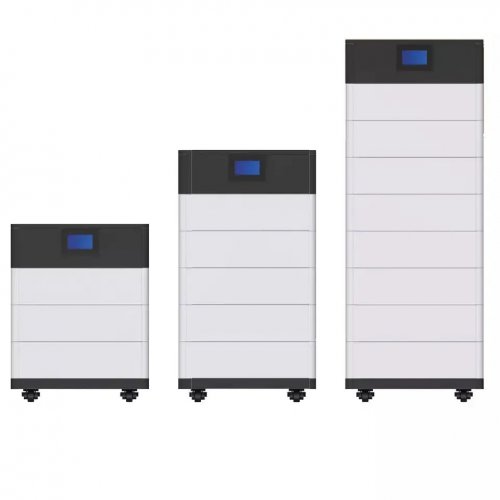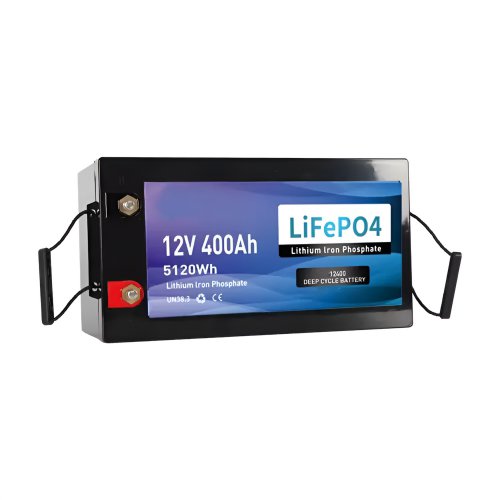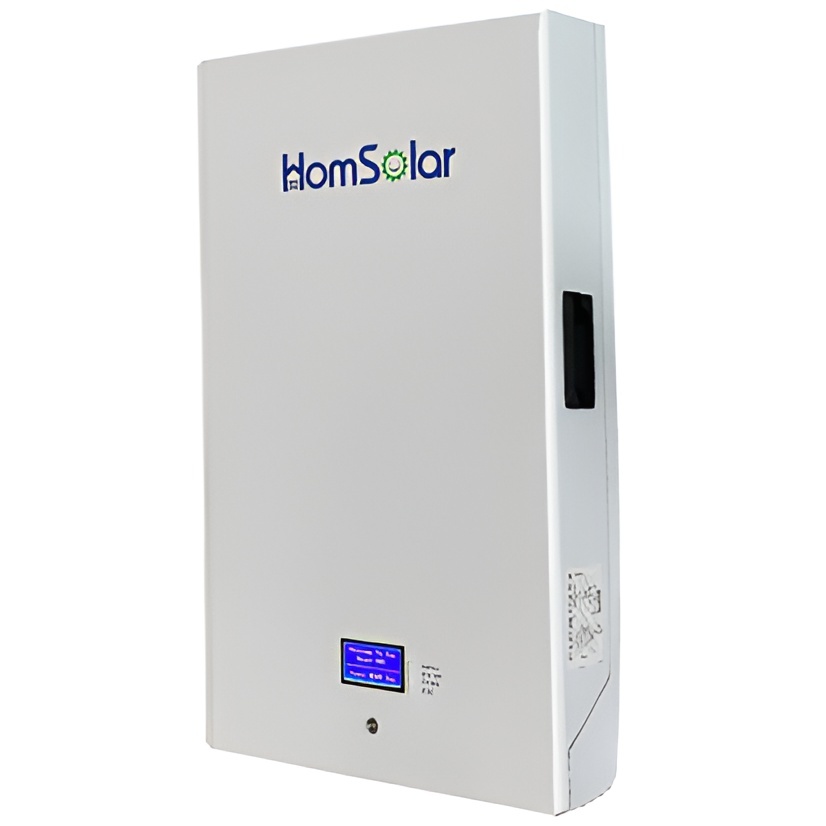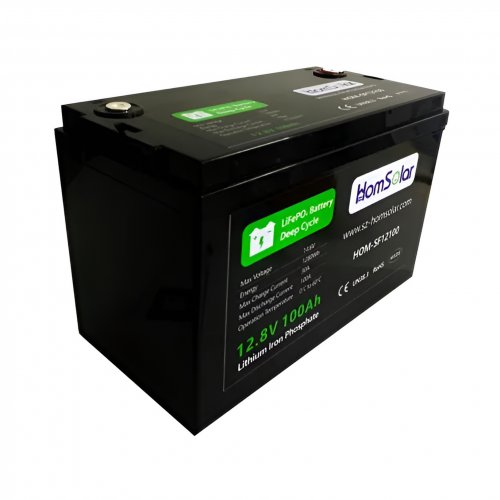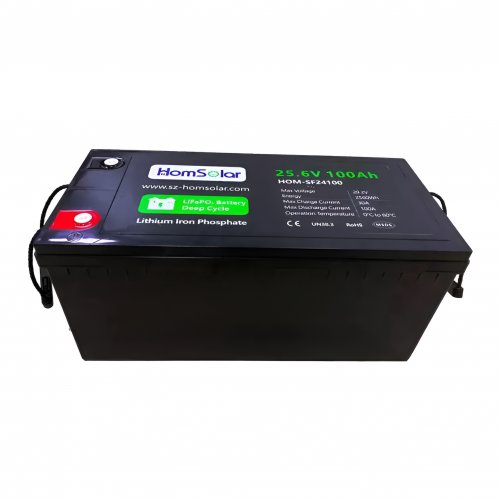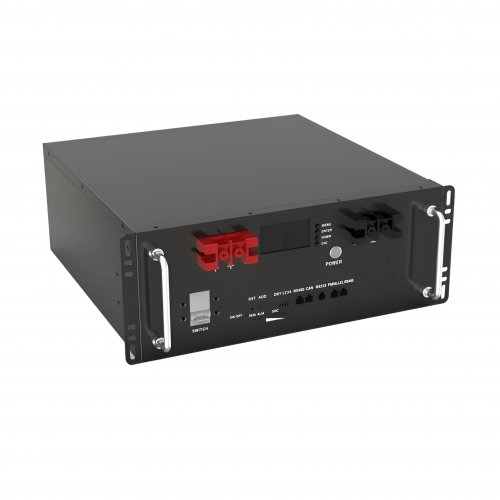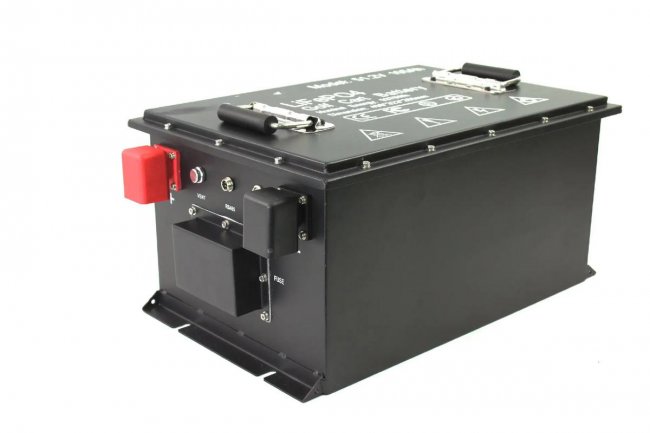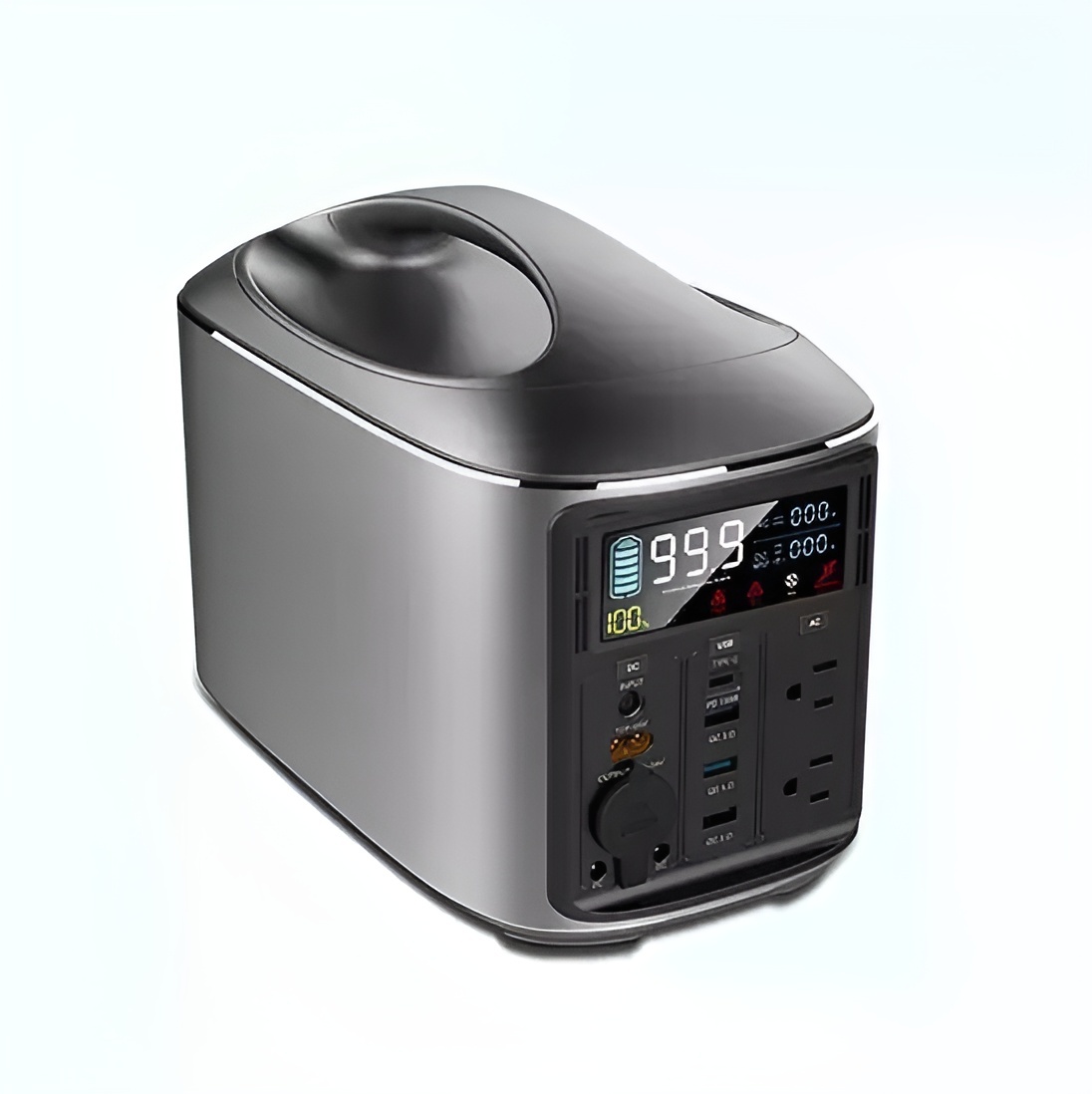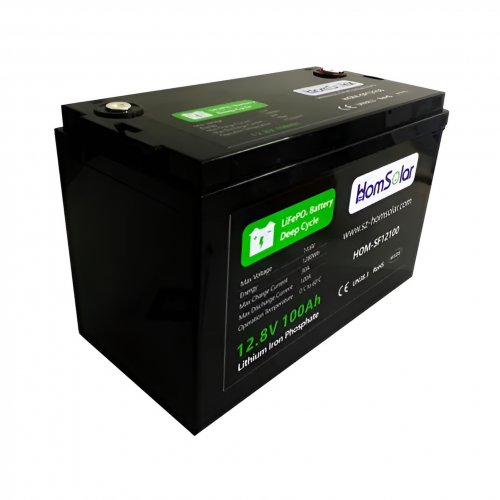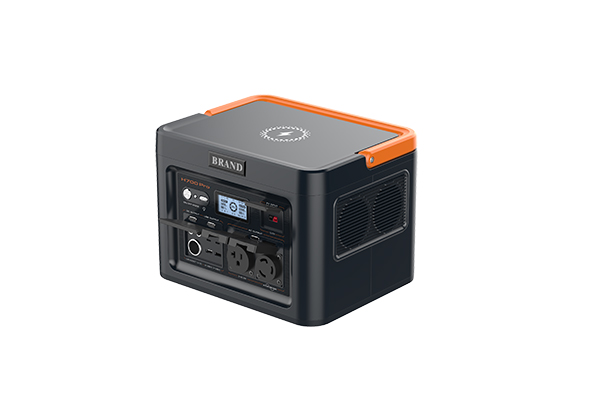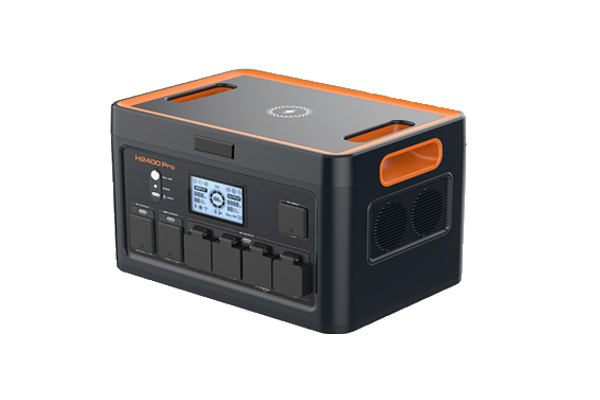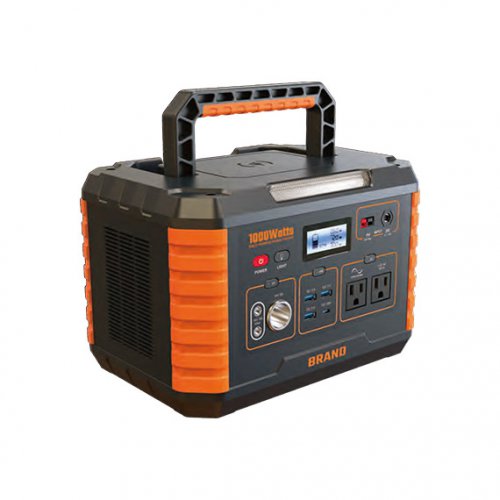Market Trends News: Navigating The New Realities Of Global Commerce In An Era Of Flux
The global marketplace is currently navigating a period of unprecedented transformation, shaped by a confluence of geopolitical, technological, and societal shifts. The predictable patterns of the past have given way to a new, more volatile reality where agility, data-driven insight, and strategic foresight are paramount. From the rapid integration of artificial intelligence to the recalibration of global supply chains and the non-negotiable rise of sustainability, businesses are being forced to adapt to a new set of fundamental market trends.
The Pervasive Integration of Artificial Intelligence and Hyper-Automation
The most dominant trend cutting across all sectors is the accelerated adoption of Artificial Intelligence (AI) and machine learning. Moving beyond pilot projects and siloed applications, AI is now being woven into the core operational fabric of companies. The current dynamic is not just about automation, but about "hyper-automation"—the combination of AI, robotic process automation (RPA), and advanced analytics to automate complex, end-to-end business processes.
A recent report from a leading global consultancy highlights that over 80% of executives have either deployed AI solutions at scale or are in the advanced stages of their implementation. The applications are vast: predictive analytics are optimizing inventory management in real-time, generative AI is personalizing marketing content at an individual level, and machine learning algorithms are identifying nascent consumer trends long before they become mainstream.
Dr. Evelyn Reed, a technology strategist at the Global Innovation Institute, notes, "We are transitioning from using AI as a tool to using it as a collaborative partner in decision-making. The trend is towards AI-driven business intelligence platforms that don't just report on what happened, but simulate scenarios and prescribe actionable strategies. The competitive edge will belong to those who can harness this predictive and prescriptive power effectively."
The Great Supply Chain Recalibration: Resilience Over Pure Efficiency
The era of hyper-globalized, just-in-time supply chains, optimized solely for cost and efficiency, is being fundamentally rethought. The disruptions of recent years, compounded by ongoing geopolitical tensions and climate-related events, have exposed the fragility of overly lean and geographically concentrated networks. The latest industry dynamic is a strategic shift towards resilience, even at the expense of marginal efficiency gains.
This "recalibration" manifests in several ways: near-shoring and friend-shoring are bringing production closer to key markets; companies are diversifying their supplier bases to avoid single points of failure; and there is a significant investment in supply chain visibility technologies. IoT sensors, blockchain for provenance tracking, and digital twins—virtual models of physical supply chains—are becoming standard tools for managing complexity and mitigating risk.
"Businesses are building 'shock absorbers' into their logistics networks," explains Michael Chen, a supply chain analyst at a major logistics firm. "This means holding strategic buffer stocks, multi-sourcing critical components, and leveraging data analytics for better demand forecasting. The goal is no longer the cheapest possible supply chain, but the most robust and responsive one. This trend is structural, not cyclical."
Sustainability as a Core Business Imperative, Not a Niche Concern
The conversation around Environmental, Social, and Governance (ESG) criteria has decisively moved from the periphery to the center of corporate strategy. Regulatory pressure, particularly in Europe with its Carbon Border Adjustment Mechanism (CBAM), is a key driver. However, the more powerful and sustained force is coming from the market itself. Investors are increasingly applying ESG screens to their portfolios, and consumers are making purchasing decisions based on a company's sustainability credentials.
This has given rise to the "circular economy" as a major market trend. Companies are being pushed to design products for longevity, repairability, and recyclability. The market for sustainable materials, carbon capture technologies, and green logistics is booming. Furthermore, "social sustainability," encompassing fair labor practices, diversity, and community engagement, is now a critical component of brand reputation and talent acquisition.
Anya Sharma, a partner at a sustainability-focused investment group, states, "We are past the point of greenwashing. Stakeholders demand authenticity and verifiable data. Companies that treat sustainability as a compliance issue will struggle. Those that integrate it into their innovation and value-creation strategies will unlock new markets and build deeper brand loyalty. It is now a fundamental lens through which all business opportunities are evaluated."
The Evolving Landscape of Consumer Behavior and Personalization
Underlying all these operational shifts is a profound change in consumer behavior. The post-pandemic consumer is more digitally native, value-conscious, and discerning. There is a growing preference for experiences over pure products, and a heightened awareness of corporate values. The trend of "de-influencing" on social media platforms signals a consumer base that is increasingly skeptical of traditional advertising and seeks authentic, peer-driven recommendations.
In response, the trend of hyper-personalization is accelerating. Using data from browsing history, purchase patterns, and even IoT devices, companies are crafting individualized customer journeys. This goes beyond simply using a customer's first name in an email; it involves curating unique product offerings, personalized pricing, and content tailored to individual preferences at a specific moment in time.
Conclusion: Navigating the Convergence
The defining characteristic of the current market landscape is the convergence of these powerful trends. A resilient supply chain is enabled by AI-powered visibility tools. A sustainability strategy is executed through a circular economy model that itself relies on new technologies and logistics. Success in this environment requires a holistic view. Companies can no longer afford to view digital transformation, supply chain management, and sustainability as separate initiatives. They are interconnected strands of a single strategic imperative: to build an organization that is intelligent, adaptable, and responsible enough to thrive in an era of constant flux. The businesses that will lead in the coming years are those that are not just reacting to these trends, but are proactively shaping their entire operating model around them.
Customized/OEM/ODM Service
HomSolar Supports Lifepo4 battery pack customization/OEM/ODM service, welcome to contact us and tell us your needs.


HomSolar: Your One-stop LiFePO4 Battery Pack & ESS Solution Manufacturer
Our line of LiFePO4 (LFP) batteries offer a solution to demanding applications that require a lighter weight, longer life, and higher capacity battery. Features include advanced battery management systems (BMS), Bluetooth® communication and active intelligent monitoring.

Customised Lithium Iron Phosphate Battery Casing
ABS plastic housing, aluminium housing, stainless steel housing and iron housing are available, and can also be designed and customised according to your needs.

HomSolar Smart BMS
Intelligent Battery Management System for HomSolar Energy Storage System. Bluetooth, temperature sensor, LCD display, CAN interface, UART interface also available.


Terminals & Plugs Can Be Customized
A wide range of terminals and plugs can be customised to suit the application needs of your battery products.

Well-designed Solutions for Energy Storage Systems
We will design the perfect energy storage system solution according to your needs, so that you can easily solve the specific industry applications of battery products.



About Our Battery Cells
Our energy storage system products use brand new grade A LiFePO4 cells with a battery lifespan of more than 4,000 charge/discharge cycles.



Applications in Different Industries
We supply customized & OEM battery pack, assemble cells with wiring, fuse and plastic cover, all the cell wires connected to PCB plug or built BMS.
Applications: E-bike, Electric Scooter, Golf Carts, RV, Electric Wheelchair, Electric Tools, Robot Cleaner, Robot Sweeper, Solar Energy Storage System, Emergency Light, Solar Power Light, Medical Equipment, UPS Backup Power Supply.
We can provide you with customized services. We have the ability to provide a vertical supply chain, from single cells to pack/module and to a complete power solution with BMS, etc.


HomSolar (Shenzhen) Technology Co., Ltd







